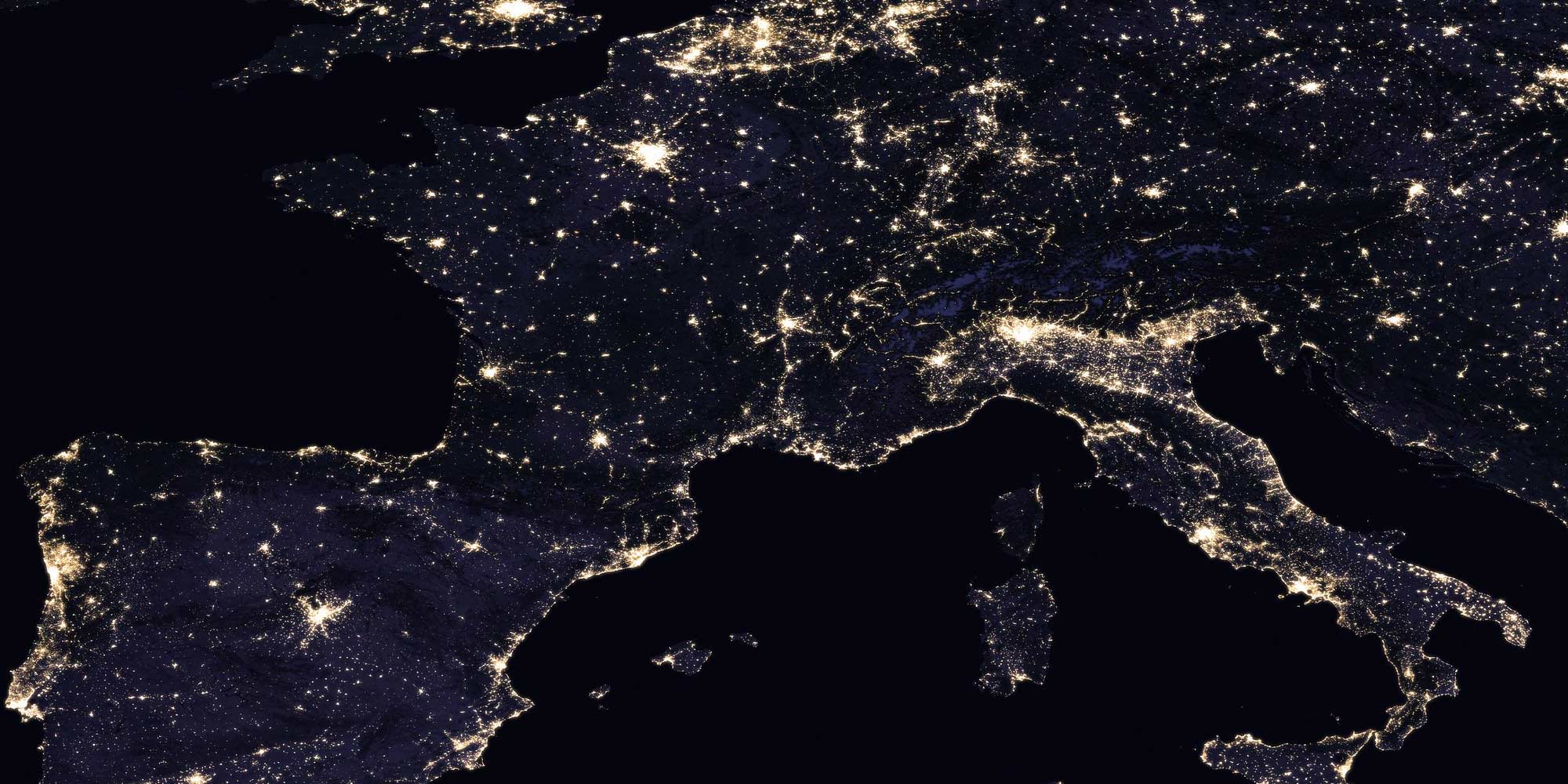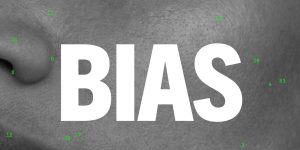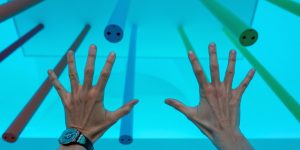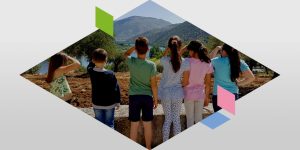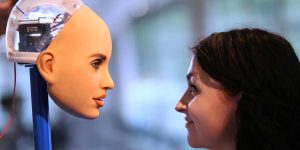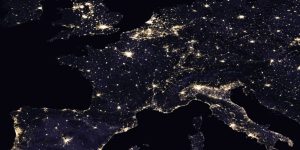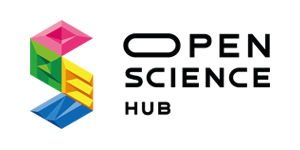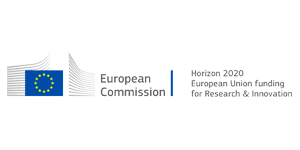The Open Science Hub Network (OSHub.Network) supports schools and local stakeholders to use research and innovation as a tool for tackling local challenges and contributing to sustainable community development. Local OSHubs work as mediators in each local community, positioning schools as active agents for collaboration between families, universities, research institutes, industry, enterprises, media, local governments, civil society organizations, and wider society, by engaging in real-life projects that meet societal needs.
Across the different OSHub locations, schools and their communities identify local relevant challenges, linked to the Sustainable Development Goals, which are then combined in shared global Open Schooling Missions, enabling real collaboration across communities. In each OSHub location, Open Schooling Missions are transformed into relevant research and innovation projects, led by students and teachers, in collaboration with local stakeholders. By supporting local schools and communities with the tools and network to tackle relevant challenges, OSHub.Network aims to create local impact while simultaneously promoting an active global citizenship attitude, thus contributing to community development, innovation and well-being.
The OSHub at Ars Electronica is focused on creating an experimental space where young people can encounter new ideas and design new possibilities. It has been focused on developing and implementing create your world tours, a workshop program that is offered at various schools across Austria, bringing the contents and ideas of the Ars Electronica platform u19 – create your world – into everyday school life.
Credits
Partners: Ars Electronica (AT), Science Gallery Dublin / Trinity College Dublin (IE), Impact Hub Siracusa (IT), La Casemate (FR), Onl’Fait (Switzerland), SCIENCE IN (CZ), Município de Figueira de Castelo Rodrigo (PT), SciCo (GR)
Participating gardens: Garden Dublin
The OSHub project has received funding from the European Union’s Horizon 2020 Framework Programme for Research and Innovation under grant agreement No. 824581
